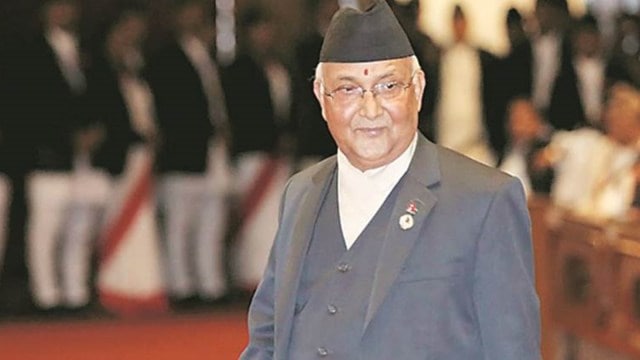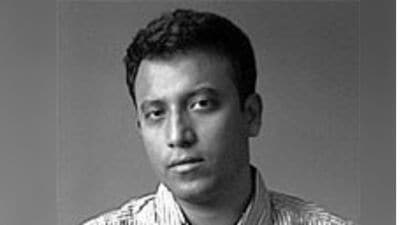Nepal adopts transitional justice Bill, ends post-civil war peace process
Interestingly, the Maoists who had spearheaded the insurgency were on one side, while the Monarchy, Nepali congress, and the Communist Party of Nepal-Unified Marxist-Leninist, were on the other side of the conflict that resulted in more than 17,000 deaths.
 Oli’s China visit is seen as a visible break from the ‘tradition’ of the new Nepali PM undertaking his first trip to India.
Oli’s China visit is seen as a visible break from the ‘tradition’ of the new Nepali PM undertaking his first trip to India.Nepal’s House of Representatives adopted a landmark transitional justice Bill that would formally end a post-civil war peace process, nearly 18 years after an accord was signed.
Prime Minister KP Sharma Oli said a panel that will be formed soon will deal with cases — around 60,000 in number — over alleged human rights violations including torture, forced disappearances, rape, and murder during the decade-long conflict.
Interestingly, the Maoists who had spearheaded the insurgency were on one side, while the Monarchy, Nepali congress, and the Communist Party of Nepal-Unified Marxist-Leninist, were on the other side of the conflict that resulted in more than 17,000 deaths.
An India-mediated peace process in 2005 brought together the two sides of the conflict, except for the monarchy, with a 2006 peace accord that pledged to form the Truth and Reconciliation Commission within six months to identify perpetrators of the crimes and punish them.
OlI however, claimed that the Peace initiative and the accord were home-grown, and the way transitional justice would be pursued ‘will be an example for the world to follow.
However, human rights groups and victim groups have expressed dissatisfaction over its provision of taking into account only 25 per cent of the sentence terms, with the rest waived off.
Surya Kiran Gurung, former Chairman of the past, shortlived TRC, said there are many challenges before the initiative commences. “The Attorney General, almost always a party cadre or a loyalist to the prime minister, will have the final authority to decide whether the person recommended by the TRC will be prosecuted or not,” he said.
He also pointed out the lack of clarity over dealing with the cases listed as ‘heinous crimes’ as the Supreme Court has ruled out amnesties for those suspected of criminal responsibility for crimes under international law and human rights violations.
Photos



- 01
- 02
- 03
- 04
- 05




























